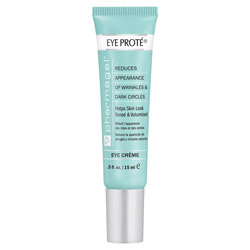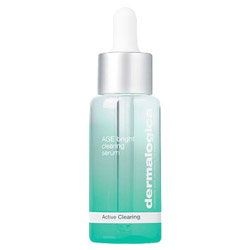2024 (8)
Ingredient: Humectants
Humectants are also essential for healthy skin hydration, but you do have to be careful about which ones you choose and how you use them in your daily skin care regimen.

How Does a Humectant Work?
Humectants attract moisture from their environment, which can be the outside air or the underlying layers of your skin. If you are in a humid environment, humectant ingredients will pull in moisture from the air and therefore help your skin to stay hydrated. If you are in a dry climate, on the other hand, humectants can cause your skin to become dehydrated by pulling moisture up from deeper layers and onto the surface, where they can evaporate into the air. For this reason, it is best to combine humectant ingredients with an occlusive. (Occlusive ingredients are oily, waxy or silicone based ingredients that form a "seal" on your skin to prevent water from escaping.)
What Ingredients are Humectants?
There are many different ingredients that have humectant properties, and some act as both a humectant and an occlusive. Some of the most common humectants are:

Both humectants and occlusives can provide nearly instant results in terms of increasing skin hydration and providing a temporary plumping and smoothing effect, but neither addresses the underlying cause of dry skin. If your skin is very dry or if you struggle to control eczema or other similar conditions, try a barrier repair moisturizer that treats the underlying cause of skin dryness rather than just treating the symptoms. Look for these terms near the beginning of the ingredient list on the bottle:
These ingredients help to repair your skin' damaged protective barrier, which is the underlying reason why excess water is able to escape into the air and irritants and pathogens are easily able to enter.

 write a review
write a review

 write a review
write a review
